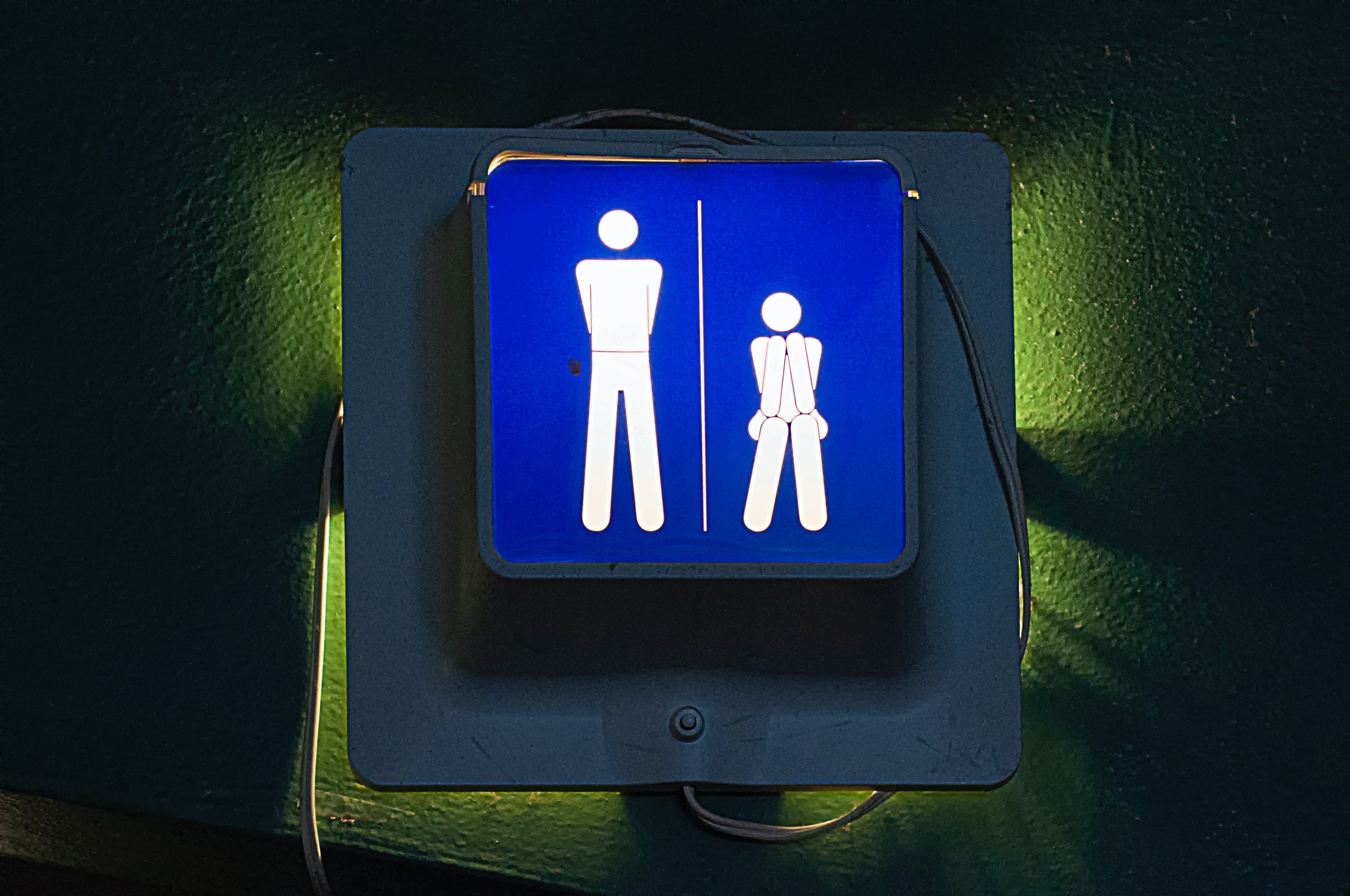Last fall Streetsblog Chicago wrote about the scarcity of public restrooms in Chicago and how that hampers the public’s access to public spaces, especially for people with disabilities, seniors, families with small children, and unhoused people. Advocates for more public restrooms for Chicagoans will be heartened by signs of movement to address the problem.
In mid December 2021, alderpersons Daniel LaSpata (1st) and Rossana Rodriguez-Sanchez (33rd) introduced a resolution urging the city to create a pilot to expand access to public restrooms. As of now 19 alders have signed on, and many social service organizations have voiced support, including the Night Ministry, the Chicago Coalition for the Homeless, and Breakthrough Urban Ministries. Earlier this week there was a subject matter hearing discussing what the pilot could look like. Alderpersons looked at best practices from other cities and examined barriers to implementation in Chicago.
While some detractors raise the issue of unhoused folks making the restrooms inhospitable to other people, Rodriguez-Sanchez sees the issue in more practical terms. In a Block Club Chicago article about the subject matter hearing, Rodriguez-Sanchez is quoted as saying, “This is a basic human need. It’s something that everybody needs. Yes, we have people that have a higher need because people are unhoused, or because people have particular conditions. But this is something that benefits everybody, that makes our public spaces more humane, and something that I think that we need to adopt.”
There’s a shiny new #Portland loo in #Smithers, BC. I could totally picture these in #Ottawa. @OttawaMorning #ottnews pic.twitter.com/9R8Zjbn38W
— Matthew Pearson (@mpearson78) November 2, 2018
A public restroom manufacturer mentioned in Streetsblog article about public restrooms, Portland Loo, which makes stand-alone single-user stalls featuring a vandal-proof design, is being considered as a partner in Chicago’s pilot. A Portland Loo sales manager was present during the hearing and said an ideal location for these public bathrooms would be in high-traffic areas in order to prevent undesirable behavior within the restrooms. Portland Loo sales manager Evan Madden mentioned that restrooms could be designed with anti-graffiti coating, changing tables, and “cold weather upgrades” that allow the loo to function in -20F weather, a feature that would be certainly be beneficial in Chicago.
While transit riders spring to mind when you think about who the lack of public restrooms hurts, CTA bus drivers are also on the losing end of the lack of public restrooms. Ald. Roderick Sawyer (6th) shared that he’s spoken with CTA bus drivers who sometimes have trouble finding a public bathroom when they need one. Sawyer added that female bus drivers have been more vocal about the issue. He agrees that the city should explore the pilot.
Another option for expanding access to public restrooms would be a public-private partnership in which businesses let people use their restroom at no cost. LaSpata highlighted a program in London, England in which businesses are paid by the city to keep their restrooms open to the public. LaSpata said businesses receive free publicity and window decals that highlight public restroom access. The alderman added, “There are a lot of different ways to go about this, but this is a need that is not going to go away.”
According to LaSpata the pilot would start out with three to five restrooms, similar to other cities that have launched public bathroom pilots. That would help the city to understand the successes and failures before expanding the program citywide. Federal COVID relief funds could be used to pay for the pilot program according to LaSpata.




